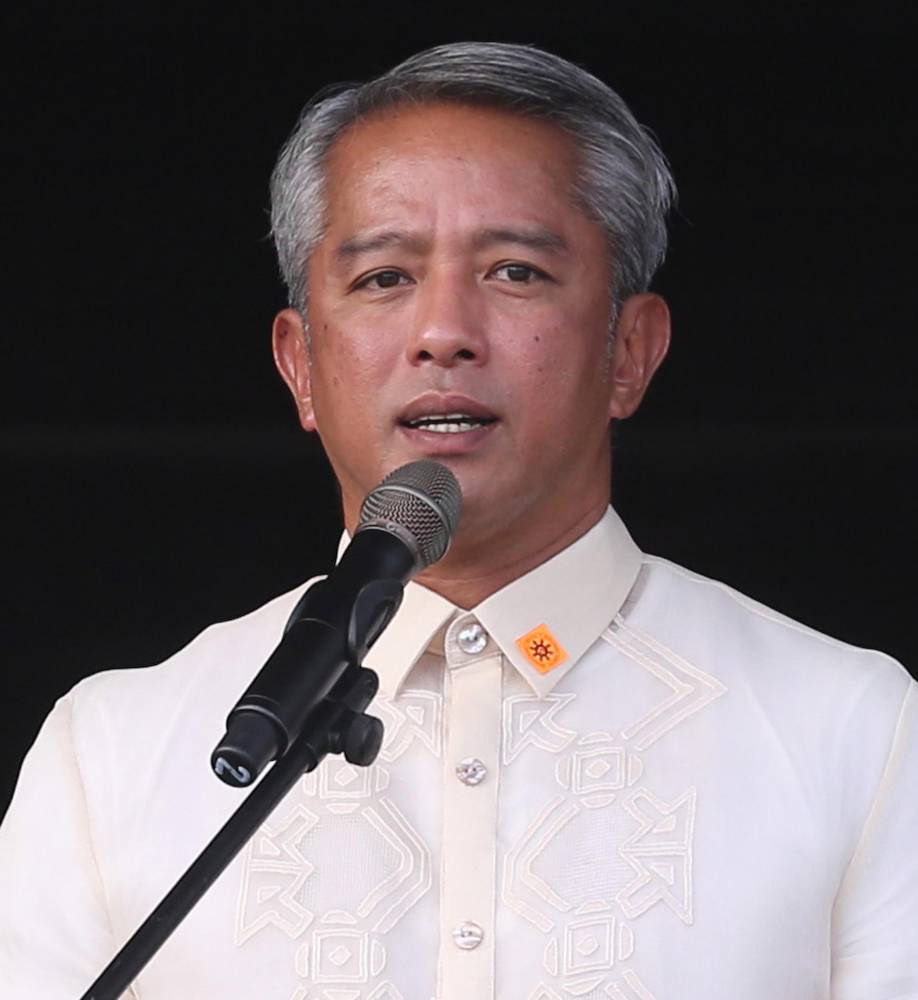
New DILG Sec. Juanito Victor “Jonvic” Remulla —Inquirer photo/Niño Jesus Orbeta
MANILA, Philippines — The Philippine Business for Education (PBEd) urged newly appointed Interior Secretary Jonvic Remulla to engage local governments in addressing the country’s learning crisis.
In a statement on Wednesday, PBEd Executive Director Justine Raagas said, “The education challenge we face is so immense that it requires a whole-of-nation approach. Local governments are in the best position to understand and address the specific issues their communities face.”
The PBEd asserted the need for increased local government participation in education and workforce development to address the nation’s escalating learning and employability challenges.
Raagas banked on Remulla to rally local government leaders for education.
“We need to ramp up local investments in education, put education at the heart of local development programs, upon which the growth and development of our community and entire nation rests,” she said.
PBEd also stressed the importance of empowering local school boards and ensuring the effective use of special education funds to support community initiatives aimed at enhancing teaching quality, learning outcomes, and workforce readiness.
“Strong partnership with local government units has been key to the success of our programs for education,” Raagas said. “We aim to replicate these successes across more areas and make a coordinated push to uplift education quality nationwide,” she added.
However, PBEd highlighted that the challenges amplifying the learning crisis are the widening skills gap driven by the rapid digitization and automation of industries.
In response, PBEd partnered with the Citi Foundation to provide training for Filipino youth nationwide for jobs of the future.
Through the JobsNext project partnership, PBEd said 2,500 young individuals gained critical skills for future jobs in artificial intelligence, cybersecurity, data, and other emerging technologies.
According to PBEd, graduates of the JobsNext training workshops and their mentors collaborated with local government mentors to develop proposals addressing youth unemployment, health service access, disaster response, and mental health in their communities.
Raagas said that the Filipino youth are the best choice for leading and creating solutions for the changing needs of communities and industries as they learn to adapt to emerging technologies and innovations.
“We are planting seeds of change through these youth leaders, and we look forward to more support from the local partners from the government, industry, and academe to help these efforts flourish,” she said.
Raagas also said that stronger collaboration could transform these initiatives into impactful, long-term solutions for their communities and create a ripple effect, driving real progress in addressing the learning and employability crisis. — Emmanuel John Abris, INQUIRER.net intern